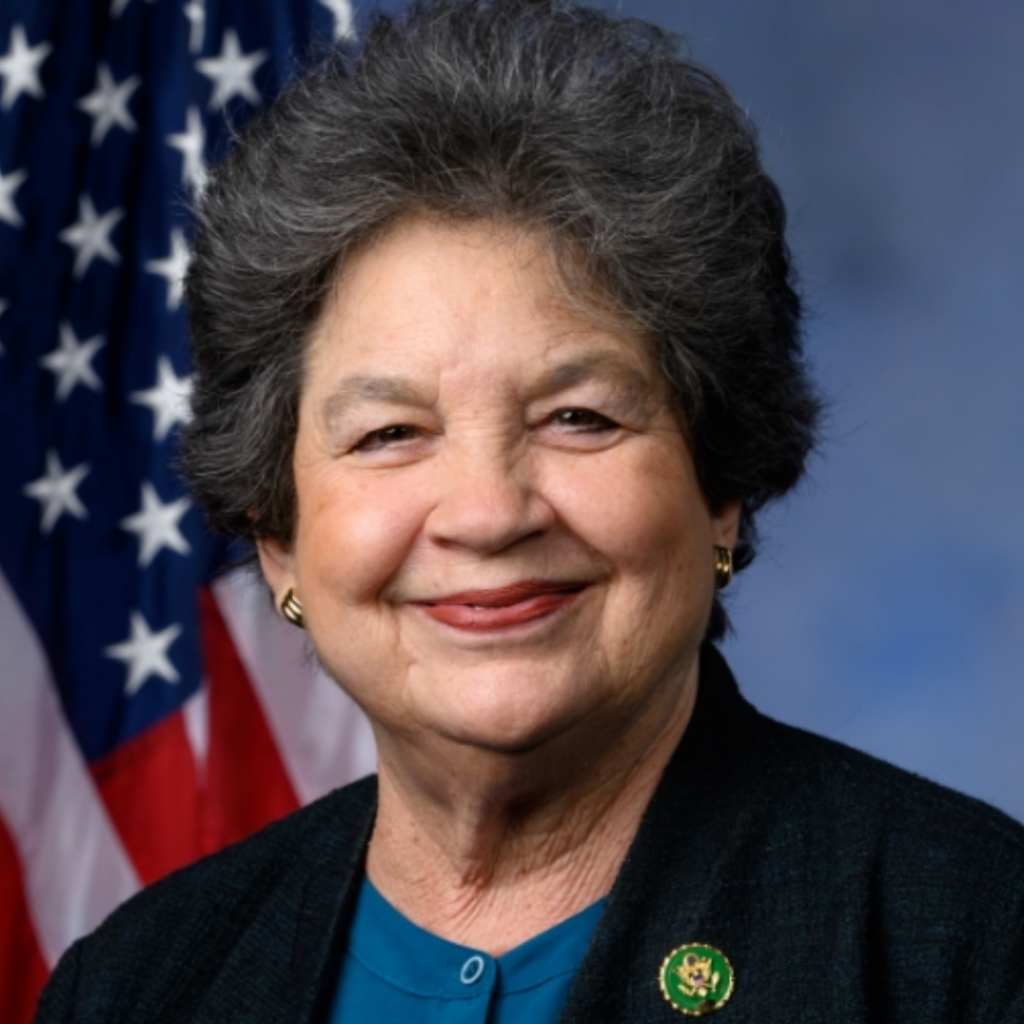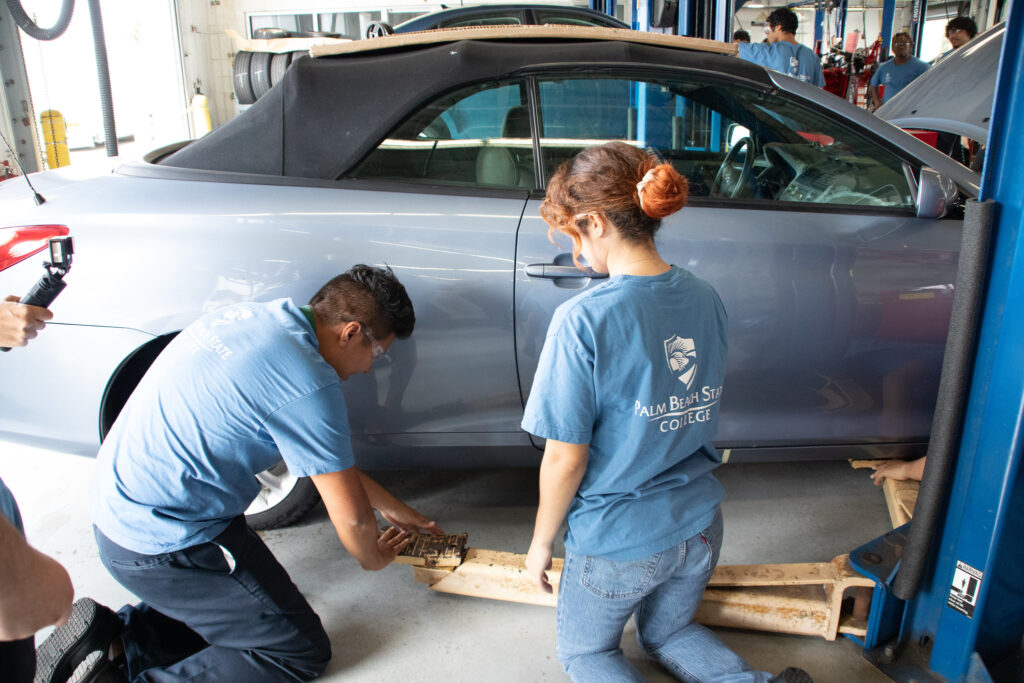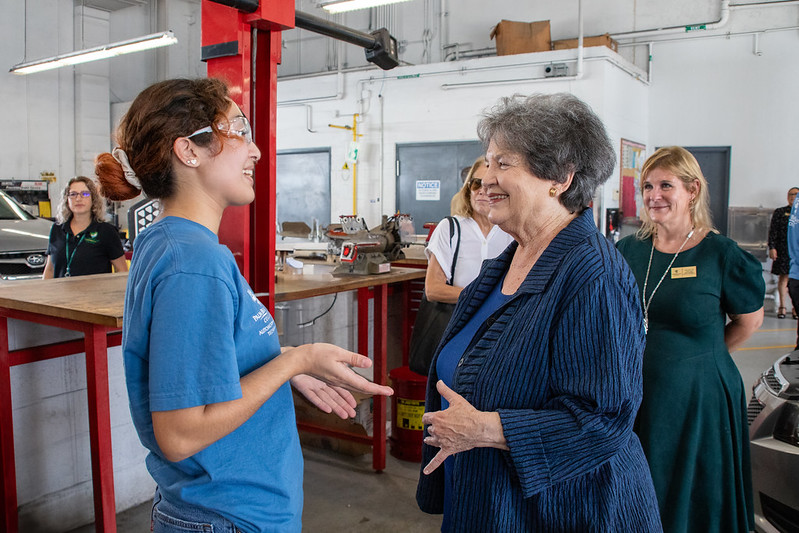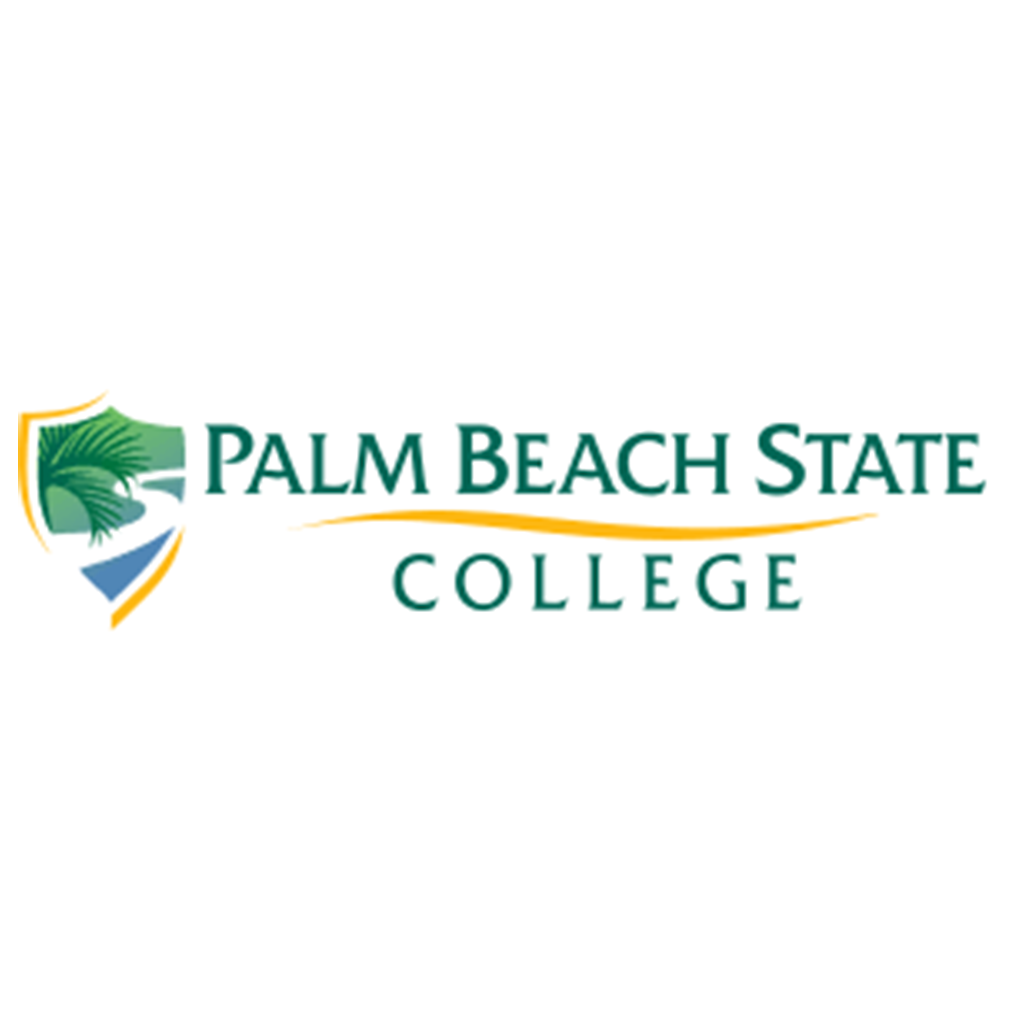 Palm Beach State College is set to be the first in the state of Florida to offer training for the repair and maintenance of green vehicles thanks to $4.1 million in federal funding allocated by the Department of Transportation and Housing and Urban Development.
Palm Beach State College is set to be the first in the state of Florida to offer training for the repair and maintenance of green vehicles thanks to $4.1 million in federal funding allocated by the Department of Transportation and Housing and Urban Development.
Palm Beach State College is was founded in 1933 as Florida’s first public community college and has been an integral player in the growth and prosperity of Palm Beach County. Graduates impact every industry and are community and business leaders. With more than 130 programs of study, PBSC offers bachelor’s degrees, associate degrees, professional certificates, career training and lifelong learning. More than 40,000 students enroll annually in face-to-face, online, live online and hybrid classes at five convenient locations in Lake Worth, Boca Raton, Palm Beach Gardens, Belle Glade and Loxahatchee Groves.
“The cars of the future are not the cars of the past,” said U.S. Representative Lois Frankel as she presented PBSC with the $4.1 million check at a press conference at the College’s Lake Worth Campus last month. “This is why this program and learning how to maintain these vehicles is so important.”
The automotive industry is undergoing an unprecedented transformation with hybrid, electric vehicles (EVs), and alternative fuels becoming more prevalent, driven by advancements in technology, regulatory pressures, and increasing consumer demand for environmentally friendly transportation options.
Advancements in battery technology, decreasing manufacturing costs, and extensive government incentives have led to a surge in EV sales, with companies like Tesla, Ford, and General Motors leading the market. Hybrid vehicles remain popular as a transitional technology, offering improved fuel efficiency and lower emissions. Hydrogen fuel cell vehicles are gaining interest for commercial applications, though challenges with infrastructure and production costs still need to be addressed.
Automakers are also setting ambitious sustainability goals, focusing on a circular economy approach by recycling batteries and using sustainable materials. The synergy between green vehicles and autonomous, connected technology further supports their adoption by enhancing energy efficiency. Consumer awareness of environmental impact, coupled with decreasing costs, has increased the demand for these vehicles. Regions like China and Europe are leading the charge in EV adoption, while the U.S. is rapidly catching up.
With the U.S. federal government’s target of 50% electric vehicles by 2030, there is an urgent need for skilled professionals who know how to repair them. “We are being told that there are thousands of job opportunities in this area right here in Palm Beach County,” Frankel said.
There might be plenty of jobs, but mechanics will need new skills and specialized training to fill them. The Universal Technical Institute, a private network of technical colleges throughout the United States, names the ability to use technology as one of the top skills needed by aspiring technicians looking to enter the workforce.
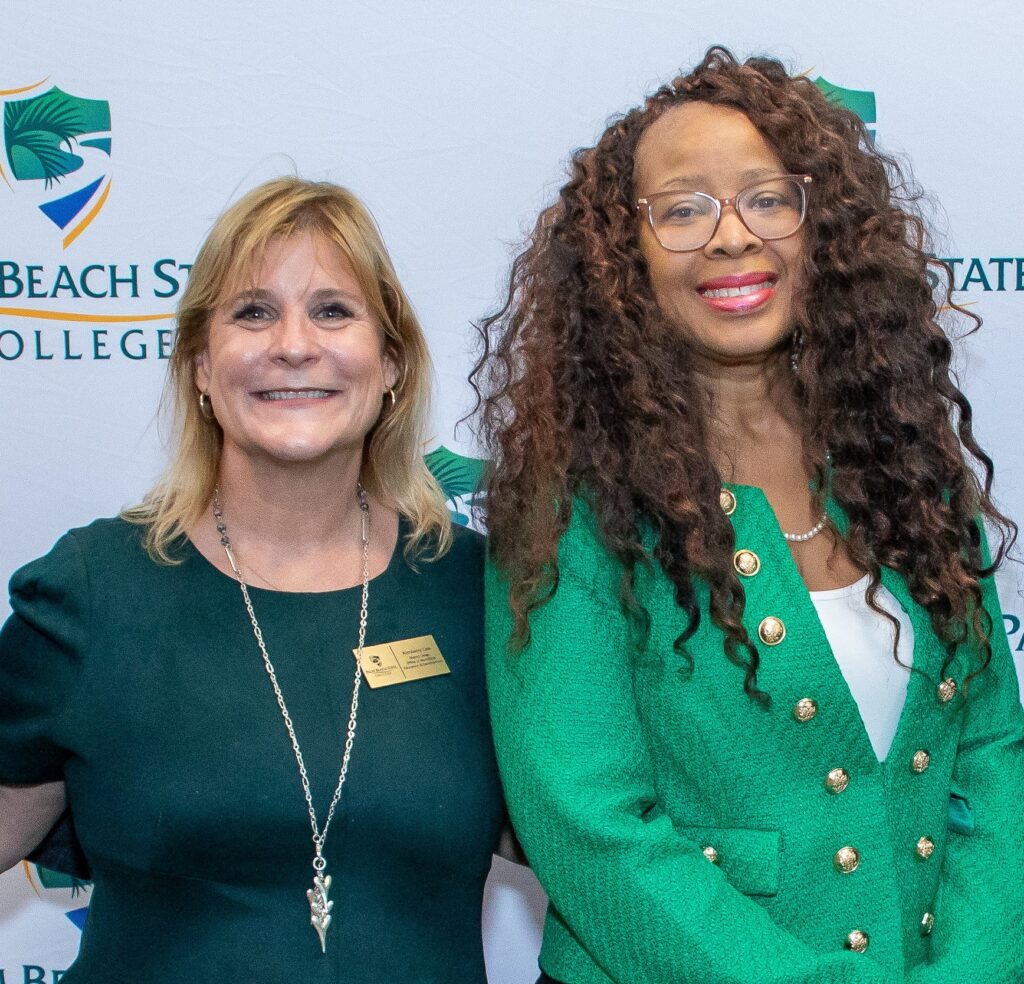
Kimberly Lea, PBSC’s Dean of Workforce Education & Development, and Dr. Tunjarnika L. Coleman-Ferrell, PBSC’s Vice President Academic Affairs
“This funding will enable us to train the next generation workforce of the green economy,” said PBSC’s Vice President Academic Affairs Dr. Tunjarnika L. Coleman-Ferrell. “It will allow us to fulfill our vision of revolutionizing Palm Beach State College’s automotive training program to be a leader in this emerging field.”
Palm Beach State College’s automotive training program will use the funds to create a new certificate program which is expected to launch in the fall of 2025. The new curriculum will provide students with comprehensive knowledge and practical skills in hybrid and electric vehicle technology, alternative fuel systems, and sustainable transportation solutions. By combining theoretical knowledge with hands-on experience and industry certifications, graduates will be well-positioned to excel in roles that contribute to a more sustainable future for transportation.
“We are dedicated to investing in technology and being at the forefront the state for this program,” said PBSC Dean of Workforce Education and Development Kimberly Lea. “We expect to be first in state to have this kind of training.”
It is crucial for automotive students to learn the technology behind green vehicles due to the industry’s rapid shift toward sustainability and the increasing demand for electric, hybrid, and hydrogen-powered vehicles. Mastering green vehicle systems offers students a competitive advantage in a growing job market that requires expertise in electric powertrains, battery systems, and integrated software controls.
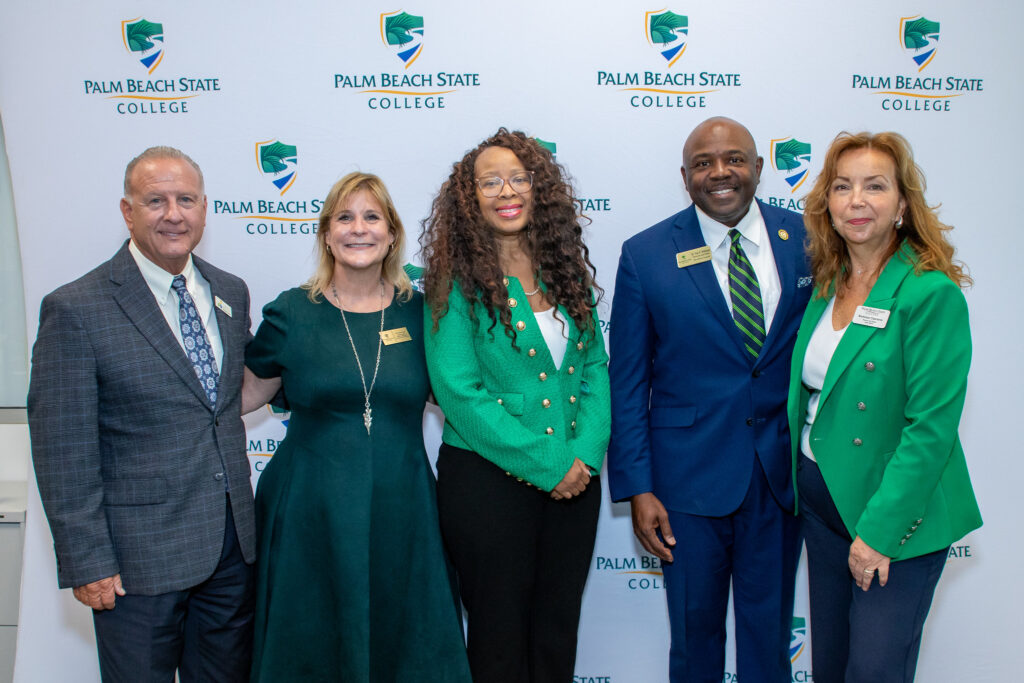
Left to Right: Michael Corbit (CareerSource) and Palm Beach State College representatives, Kimberly Lea, Dr. Coleman-Ferrell, Dr. Williams, and Barbara Ciprioano
Additionally, green vehicle technology is interdisciplinary, combining elements of engineering, computer science, and environmental studies, preparing students for innovation in areas like energy efficiency and smart mobility. With the rise of autonomous and connected vehicles often developed on electric platforms, hands-on skills in diagnostics and safety protocols are vital. Training in these areas also positions students to engage in research and development with industry partners, contributing to a cleaner, more sustainable future for transportation.
“The growing demand for electric vehicles is creating significant opportunities for EV mechanics –as more consumers and businesses adopt them,” said CareerSource Palm Beach County Vice President Michael Corbit, Director of Business Development, CareerSource Palm Beach County. “Mechanics who upskill or receive certifications in EV are likely to find ample job opportunities, competitive wages and career advancement potential in this evolving field.”
PBSC will also build a 12,000 square foot two-story training center dedicated to electric and alternative fuel vehicles on its Lake Worth campus. The new facility, which the College hopes will be complete by January 2026, will have technology-driven classrooms on the top floor where students will use electric vehicle specialized trainers to get hands-on experience working on low voltage battery systems. Then they will move downstairs into the training auto bays to work with high voltage batteries in the actual vehicles.
Thousands of workers each year are retiring from the trades, in fact for every five people who retire only one is trained to replace them. Our country is in a dilemma because we do not have a sufficiently trained workforce to replace them and as the industry is getting older, smaller, the local demands are getting bigger.
The program also hopes to attract more non-traditional students such as Karena Cabus, who is currently enrolled in PBSC’s automotive training program.
“I really first got into cars when I started watching Formula 1 racing,” she said. Karena likens mechanics to solving a puzzle. “My family doesn’t know much about cars and I always wanted to learn,” she said. “Besides I don’t see a lot of girls doing it, so I figured I’d give it a shot.”
To learn more about Palm Beach State College’s automotive training program, visit www.palmbeachstate.edu/career-pathways/pathway-industry.


